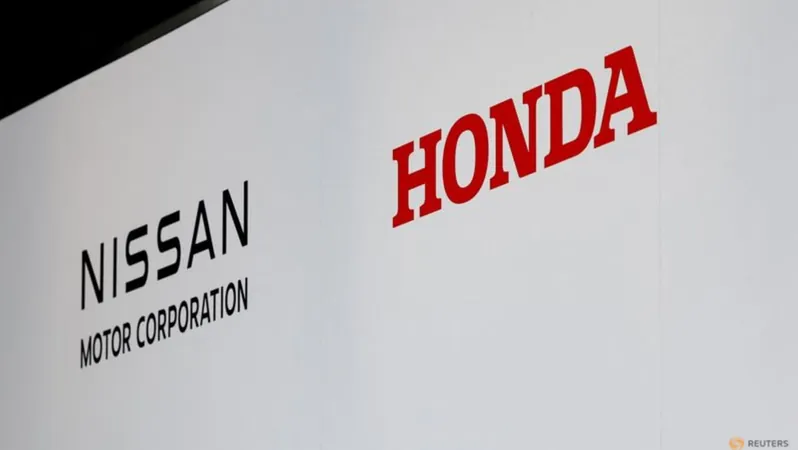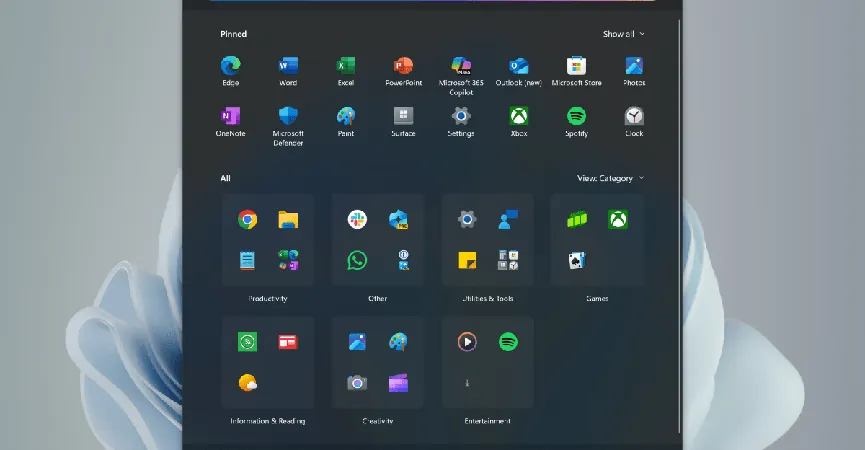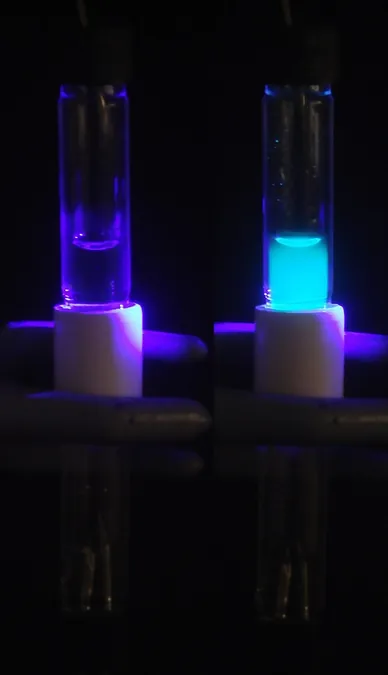
Shockwaves Hit Asian Auto and Battery Industries as Trump Unleashes Tariff Threat!
2025-01-21
Author: Ming
In a dramatic turn of events for the automotive and battery industries, shares of Japanese car manufacturers and South Korean battery producers took a nosedive on Tuesday. This upheaval came on the heels of U.S. President Donald Trump's announcement that he might impose hefty tariffs on vehicles imported from Canada and Mexico, alongside his decision to roll back the previous administration's executive order on electric vehicles.
Trump's inauguration sparked concerns that shifts in U.S. trade policy could adversely affect major manufacturing players from key U.S. allies, like Japan and South Korea. Already navigating the tumultuous landscape brought about by the transition to electric vehicles and fierce competition from rising Chinese carmakers, automakers in these regions face even greater uncertainty.
Speaking about his intentions, Trump mentioned potential tariffs as high as 25 percent, with an implementation date as early as February 1. The looming threat of these tariffs has been a cloud over Asia’s manufacturing sectors for months. Many automakers, alongside their suppliers, produce vehicles in Canada and Mexico specifically for export to the U.S. market.
Nissan Motor, Japan's third-largest automobile producer, witnessed its stocks erase earlier advancements, ultimately slipping 0.3 percent to 420.9 yen. The company's operations in Mexico involve substantial production, contributing approximately 300,000 vehicles destined for the U.S. annually. CEO Makoto Uchida noted this critical aspect of their business in November, highlighting the potential impact of U.S. tariffs.
Similarly, Honda Motor faces a precarious situation, with 80 percent of its production in Mexico sent to the U.S. Chief Operating Officer Shinji Aoyama expressed serious concerns in November, suggesting that Honda might need to reconsider its production strategy should the U.S. establish permanent tariffs.
Honda's shares also fell, diminishing 0.3 percent to 1,479 yen after peaking at 1,526 yen early in the trading session, reflecting the anxiety gripping investors.
In response to these developments, Japanese Finance Minister Katsunobu Kato assured the public that the government would assess Trump’s policies and react "appropriately" to protect the interests of Japanese companies.
The repercussions extended to South Korean battery makers, many of which are pivotal suppliers for electric car manufacturers. LG Energy Solution experienced a staggering 5 percent drop in its shares, while Samsung SDI and SK Innovation weren't far behind, each losing over 4 percent. This shake-up underscores the interconnectedness of the global automotive industry and the intense pressure that sudden policy shifts can impose on companies reliant on cross-border operations.
As the dust settles after this announcement, industry analysts remain on high alert, watching for further developments that could drastically reshape the landscape for automakers and battery producers in Asia. The question looms: how will the affected companies adapt to survive in this turbulent environment?




 Brasil (PT)
Brasil (PT)
 Canada (EN)
Canada (EN)
 Chile (ES)
Chile (ES)
 Česko (CS)
Česko (CS)
 대한민국 (KO)
대한민국 (KO)
 España (ES)
España (ES)
 France (FR)
France (FR)
 Hong Kong (EN)
Hong Kong (EN)
 Italia (IT)
Italia (IT)
 日本 (JA)
日本 (JA)
 Magyarország (HU)
Magyarország (HU)
 Norge (NO)
Norge (NO)
 Polska (PL)
Polska (PL)
 Schweiz (DE)
Schweiz (DE)
 Singapore (EN)
Singapore (EN)
 Sverige (SV)
Sverige (SV)
 Suomi (FI)
Suomi (FI)
 Türkiye (TR)
Türkiye (TR)
 الإمارات العربية المتحدة (AR)
الإمارات العربية المتحدة (AR)